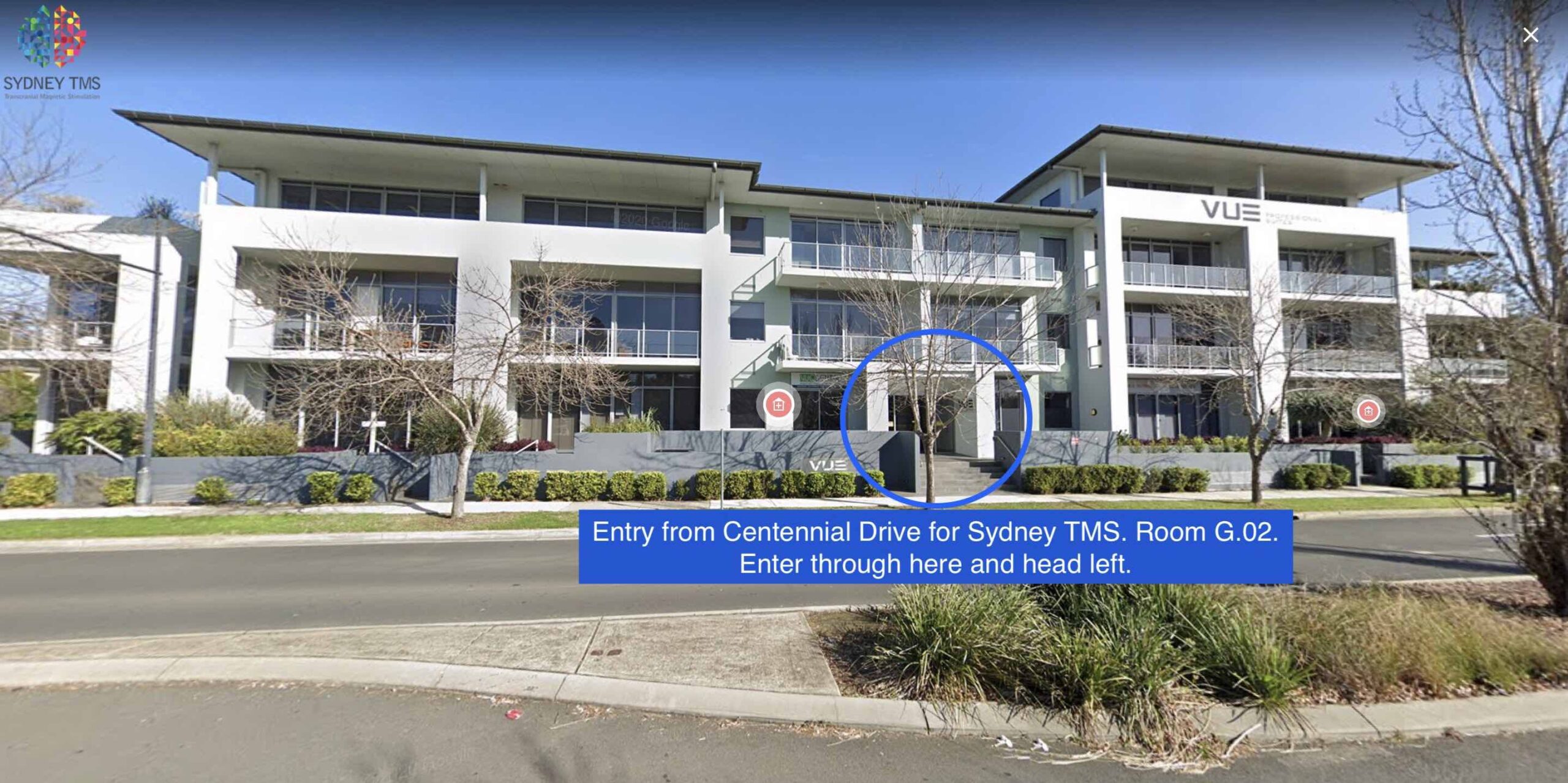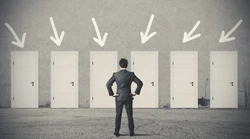TORONTO — Transcranial magnetic stimulation (TMS) may be an effective add-on therapy for patients with treatment-resistant depression, study findings presented at the American Psychiatric Association Annual Meeting indicate.
“Given the decreasing efficacy of antidepressant medications following two unsuccessful treatments and their potentially serious side effects, there is a need to look for alternative strategies for treatment-resistant depression,” said Chinna Samy, MD, of Pine Rivers Private Hospital in Brisbane, Australia, and colleagues.
To evaluate the effectiveness of TMS in inpatient settings, the investigators analyzed patient information for 37 patients diagnosed with major depressive disorder and melancholia admitted to the Pine Rivers Private Hospital. All participants had persistent major depressive symptoms despite trying at least two antidepressants. Of the patients, 70% were female. The primary outcome measure was change in Montgomery–Åsberg Depression Rating Scale (MADRS) score from baseline to the end of TMS treatment.
Each patient received a minimum of 20 TMS sessions using the Mag Pro X100, an advanced magnetic stimulator approved for treatment in Australia. Clinical assessments were performed at baseline, after session 10, and session 20. The site of stimulation remained constant among all participants: left dorso-lateral pre-frontal cortex. The power was set at 120% of motor threshold. The frequency was set at 10 Hz, and each treatment lasted 41 minutes and 12 seconds.
TMS therapy was highly effective in this population of moderately severe depressed inpatients with melancholic features, the scientists freported. Most patients exhibited a strong trend towards improvement by the end of 15 sessions.
“As an open-label add-on therapy, we believe hospital stay, auxiliary therapies, and continued medications all contributed to the high response rate,” said the researchers. “However, it’s very likely TMS made a critical contribution to the improvement.”
Reference: Samy C et al. Clinical transcranial magnetic stimulation for major depression with melancholia in an inpatient setting — the Brisbane experience. Poster P4-016. Presented at: APA 2015. May 16-20, 2015; Toronto, Canada.


